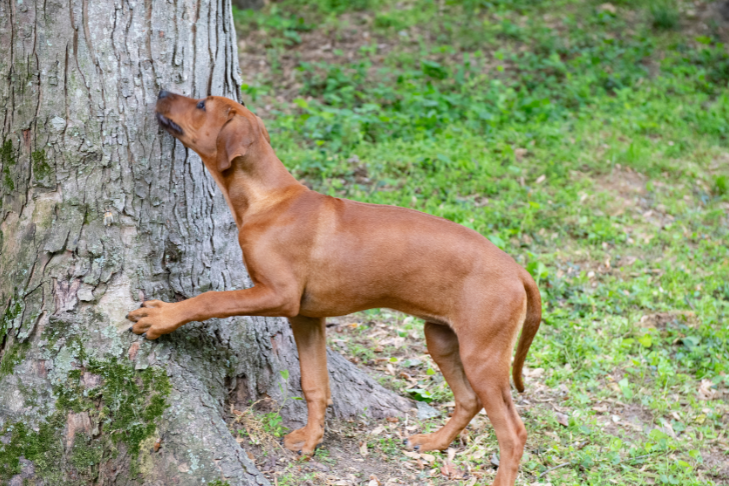Can Dogs Eat Cicadas?

As cicada season buzzes to life across parts of the country, many dog parents are noticing an odd new behavior: their pups crunching on these noisy insects like they’re treats. This leads to a common summer question: can dogs eat cicadas? And what if they do?
Here’s what to know about this buggy behavior, why your dog might be doing it, and what risks to watch for.
Are Cicadas Toxic to Dogs?
First things first: cicadas are not toxic to dogs. They don’t bite or sting, and they don’t contain any harmful venom. In fact, cicadas are high in protein and even eaten by people in some cultures.
However, that doesn’t mean they’re safe for your pup to consume freely. In large quantities, or for dogs with sensitive stomachs, cicadas can cause issues.
According to the ASPCA, while cicadas themselves are not poisonous, they can cause digestive upset when eaten in large amounts.
Why Do Dogs Eat Cicadas?
Dogs eat cicadas for a few different reasons:
- Curiosity: Cicadas are loud, fast-moving, and intriguing. Their sudden appearance and unfamiliar buzz can spark a dog’s natural curiosity.
- Instinct: Dogs are scavengers by nature. Crunchy, protein-rich bugs like cicadas may trigger their primal urge to “hunt.”
- Boredom: Dogs left unsupervised outdoors might snack on whatever’s nearby—including bugs—if they’re understimulated.
- Taste and texture: Surprisingly, some dogs simply seem to enjoy the crunchy texture and nutty flavor of cicadas.
Risks of Dogs Eating Cicadas
While a cicada or two likely won’t hurt most dogs, consuming too many can lead to problems, especially in small dogs or those with sensitive stomachs.
Here’s what to watch for:
- Digestive upset: Cicadas have a tough outer shell (exoskeleton) that dogs can struggle to digest. This can lead to vomiting, diarrhea, or even blockages.
- Choking hazard: For dogs that gulp their food, cicadas may get stuck in the throat or cause gagging.
- Allergic reactions: Though rare, some dogs might be sensitive to certain proteins in cicadas and develop allergic symptoms like swelling or digestive distress.
- Exposure to toxins: Cicadas in urban areas might be exposed to lawn chemicals or pesticides, which can be harmful if ingested. The American Veterinary Medical Association (AVMA) warns about this possibility.
How to Keep Your Dog Safe During Cicada Season
- Supervise outdoor time: Keep an eye on your dog while they’re outside, especially during peak cicada hours (midday and early evening).
- Use a leash: When walking your dog, keeping them on a short leash helps prevent surprise snacking.
- Teach “leave it”: Reinforce basic obedience commands to redirect their attention.
- Provide enrichment: Keep your dog mentally and physically engaged with toys, training games, and chew treats to reduce boredom-related scavenging.
Bottom Line
Cicadas may be crunchy curiosities to your dog, but they’re not a recommended snack. While a few likely won’t cause harm, it’s best to discourage bug-munching and monitor your dog for any signs of discomfort or illness.
When in doubt, always consult your veterinarian—especially if your dog eats a large number or shows unusual symptoms. With a little awareness and supervision, you and your pup can safely enjoy summer together—even with a few buzzing visitors in the backyard.


